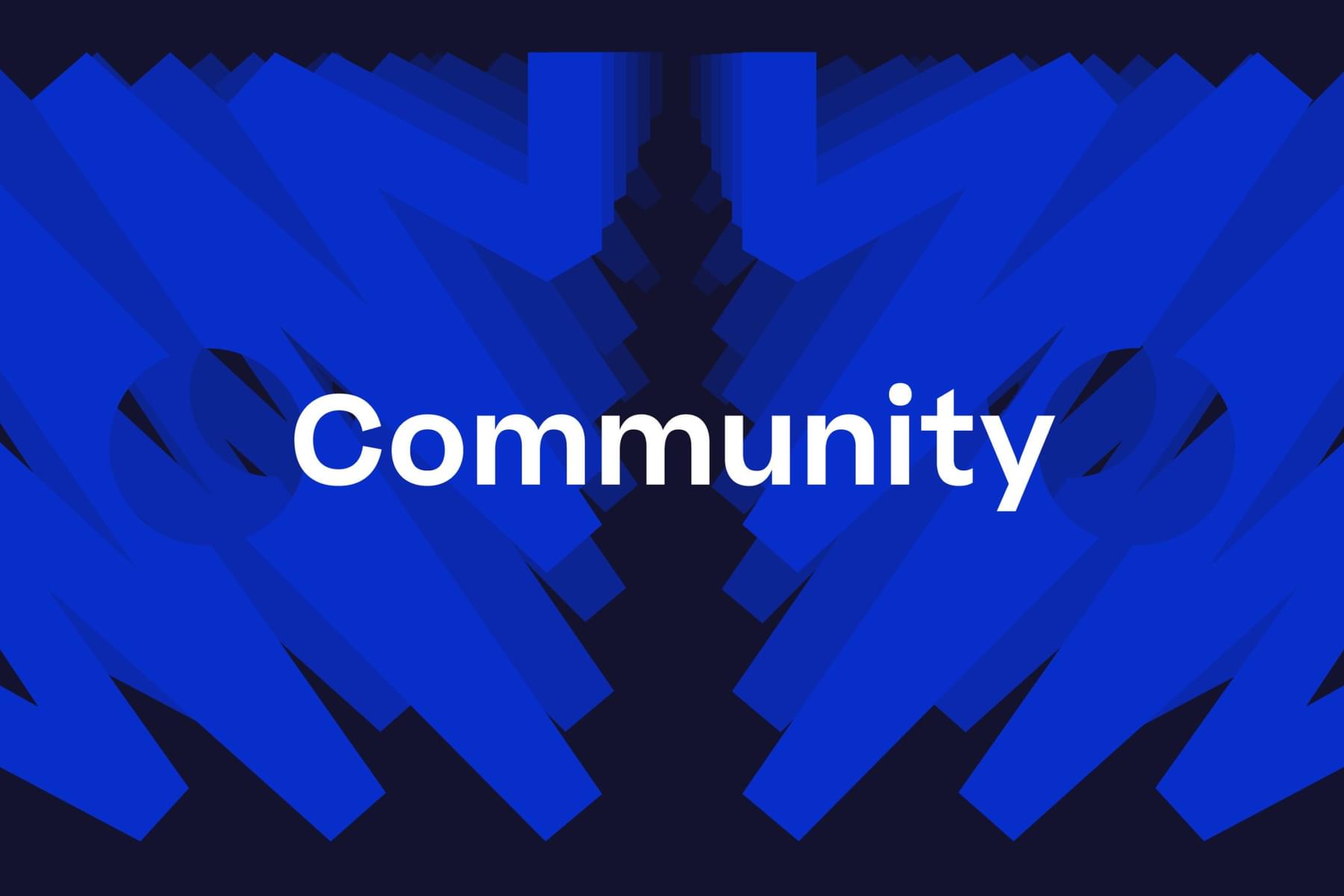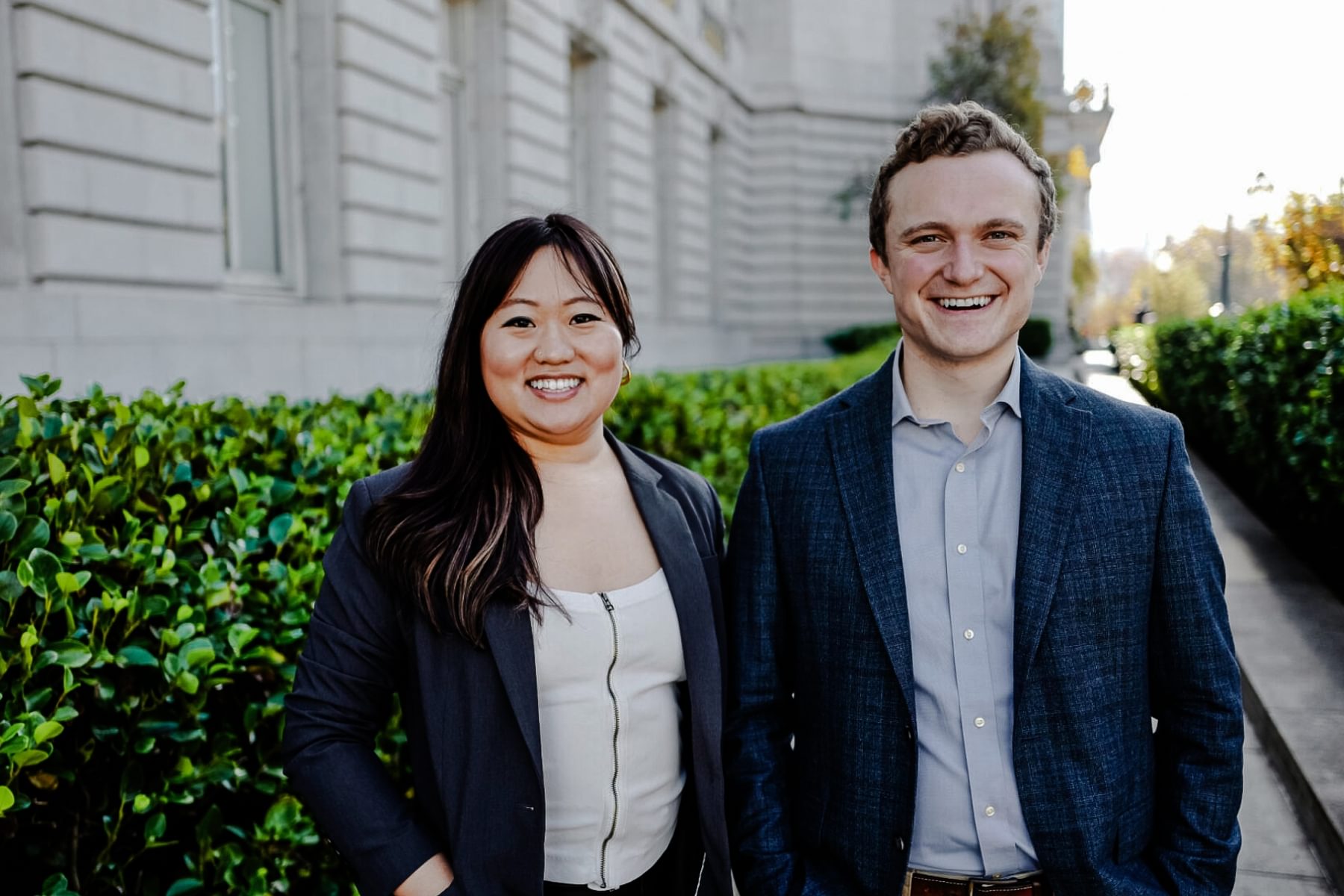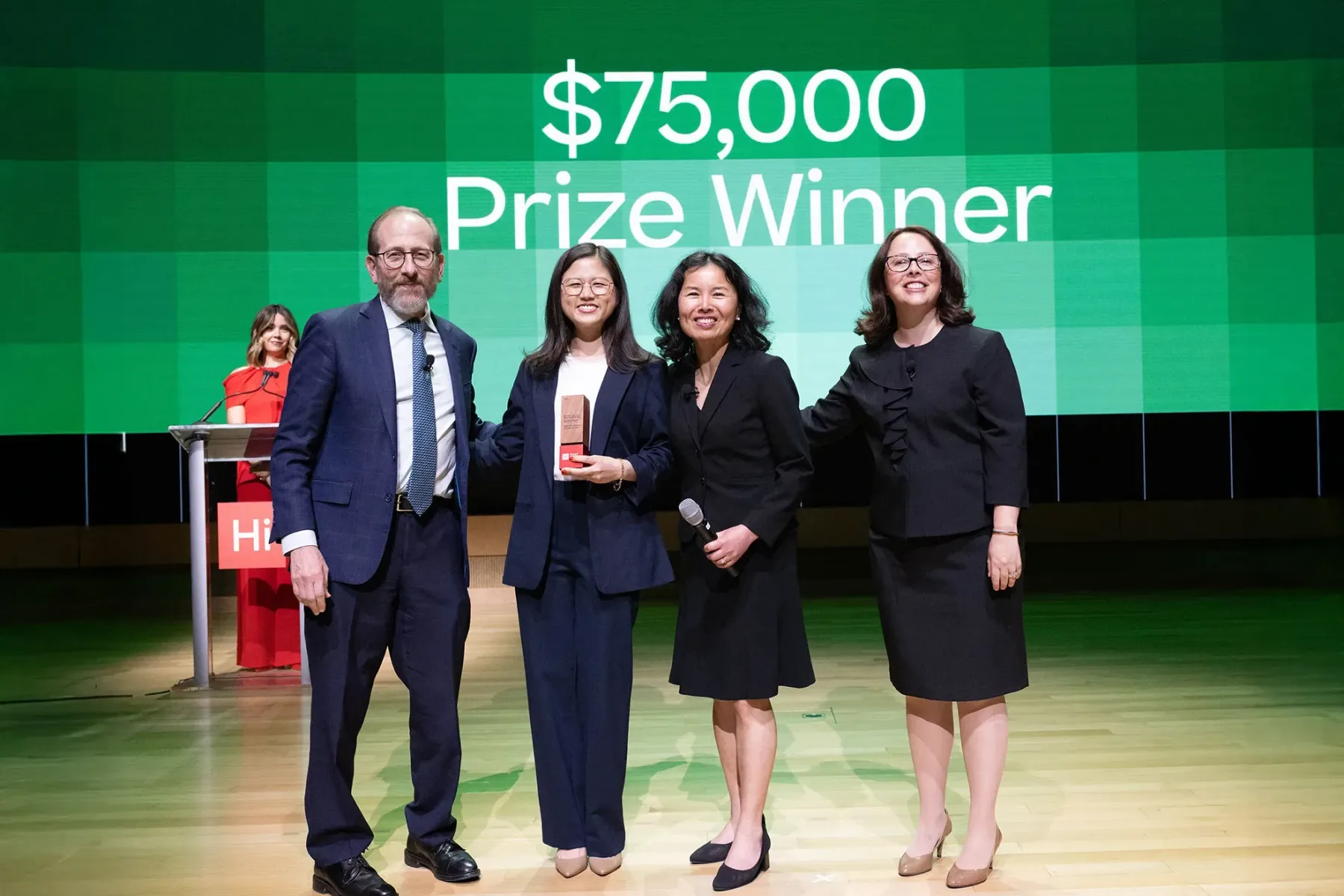As an innovation lab, we’re always searching for better ways to fulfill the needs of our students, alumni, and wider community. How can we ensure we’re deeply listening to leaders and giving them the support they need? How do we create structures for them to grow beyond what we can currently imagine? How can we continue to strengthen the community that’s the warm heart of our labs?
This year, we particularly wanted to meet student requests for affinity groups related to entrepreneurship. A community survey in January 2021 to participants in our spring Venture Program got a very positive response, with 75% of respondents interested in connecting with founders who share their interests, identities, and/or affinities.
Guided by the affinity groups that are already in place around the university and the specific needs of our community, Community Coordinator Alexa Barry created a strong and thoughtfully structured scaffolding for forming more intimate groups amongst our student participants. We ran a pilot for six weeks this past summer, intended to create supportive environments for founders, provide networking opportunities, and help us offer more targeted support and programming.
The i-lab community team encouraged interested students to self-organize as a leadership team of 1-4 founders who would manage the structure and content of their group. The Community Leads were 20 self-selected founders from our student community who had the time, capacity, and passion to support this work, and could opt out at any time. Some of the groups that the Community Leads created include ‘Women Founders in Tech,’ ‘Founders in Digital Health,’ and ‘Asian Founders.’
“We wanted to create a trellis around which organic communities can grow,” said Alexa Barry. “We can provide administrative support, operational support, and access to networks and experts, but we’re glad to encourage communities to organically develop with Community Leads as the drivers of the events and content they want to see. We have strong resources, but don’t want to center ourselves in saying, ‘This is what you need.’”
The feedback we’ve received from our pilot is encouraging, and we will continue to learn from and iterate on the idea this fall. The pilot is part of a continued effort to listen to and learn from all the communities that make up the i-lab ecosystem. In 2020, for example, we reached out to Black founders at Harvard to learn more about their experience at the i-lab and what they would like to see in terms of offerings. New creative campaigns, including Women-Led Wednesdays and our “Equity and Entrepreneurship” series with LGBTQ+ entrepreneurs, also intentionally explore where specific communities need more support.
As always, we’re grateful for the opportunity to better meet the needs of our founders.
Harvard students interested in joining or leading a group at the i-lab this fall can contact Alexa Barry, now the Manager of Alumni + Student Programs, at alexa_barry@harvard.edu.





